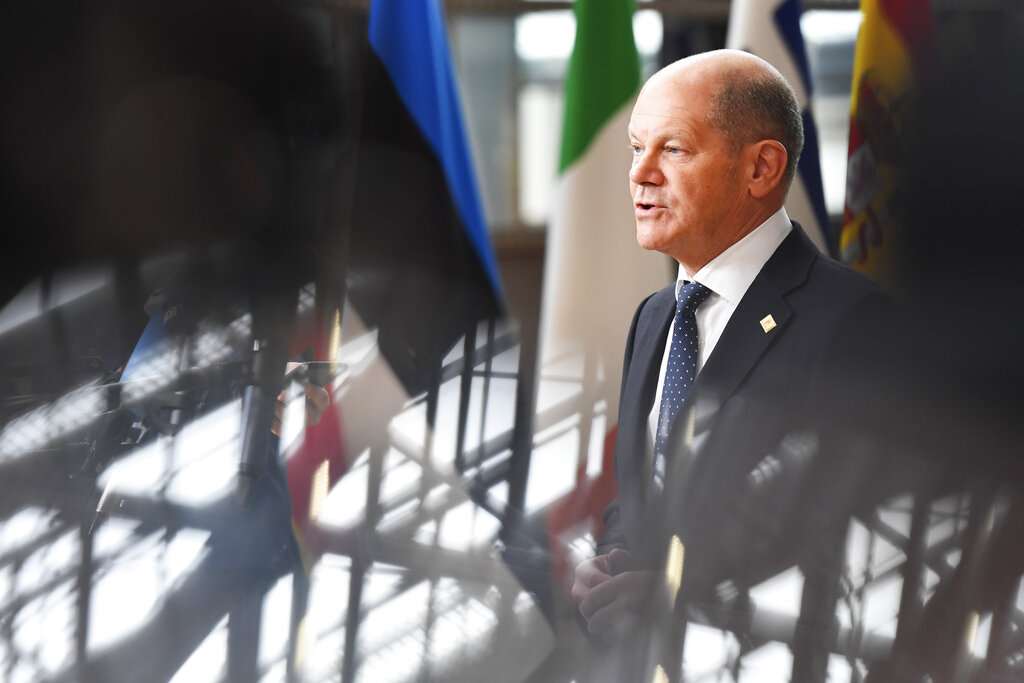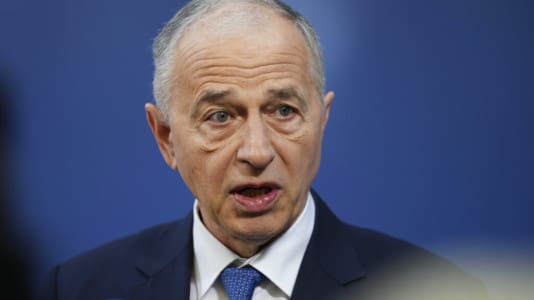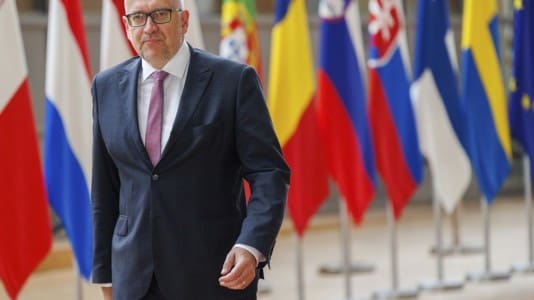At the dawn of the Third Polish Republic, Polish intelligence warned about a new Rapallo (treaty that was signed by Germany and the Soviet Union in 1922). Tadeusz Mazowiecki, the first Polish post-communist prime minister, was afraid of the new Germany, so he asked Moscow to delay the unification across the western border.
As we know now, in the 1990s, the same Germans had not only set a goal of destabilizing the political scene in Poland to facilitate its economic expansion, but also outright bribed the Polish political class. The Berlin government even suggested to their businesses where in Poland they should invest as the lobbyist ground was already prepared there. The most desirable spot was Gdańsk because it had “the most favorable climate.”
Those are just some of the many facts that can be retrieved from documents which no one in the past 30 years has examined. Today, Professor Bogdan Musiał is conducting an analysis of these vital pieces of history.
On one hand, these are facts that are not shocking, as we for decades can observe (more clearly with each coming year) that for Berlin, Poland’s entry into Western institutions was primarily an opportunity for earning huge amounts of income and for building a sphere of economic influence. On the other, however, it is astonishing how quickly it began and how extensive the operation was of draining a re-emerging Poland, and also how hideous the role the fresh Polish “elite” played in this pillaging.
Luckily, those individuals are no longer in power. However, they managed to massively help expand German influence, not just over the Vistula River, but far beyond it.
Today, Europe knows that German politics is a serious threat to the continent’s security — this has not changed for over three decades when Chancellor Kohl shed crocodile tears over the fall of the Soviet Union. The present actions of Olaf Scholz are just the new version of the same strategy; brutal, egoistic interests realized at the expense of weaker countries, keeping the collapsing eastern giant alive and offering other countries as a form of sacrifice.
The question is whether Europe can draw conclusions from this state of affairs? Can it find enough courage (or rather: its survival instinct) to do something about it? Will it rebuild the entire architecture of the old continent, and will it ensure that there is not just a declared but a real solidarity?
This is one of the more important tasks that await Europe — not just the Polish government. Not everything is in Poland’s hands, as external factors may prove to be key, especially the stance in Washington. Nevertheless, it would be a crime not to try taking advantage of the opportunity that presents itself. The Polish and European future is not only dependent on stopping Putin in Ukraine, but also on a radical containment of Germany’s role in Europe.
If Germany holds to its position (and let’s face it, the currently retouched CDU just like the Greens have identical imperatives as the SPD in this regard), the next catastrophe is only a matter of time.





